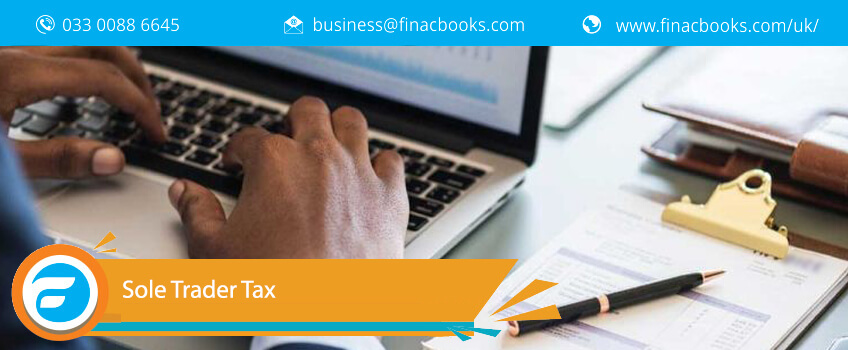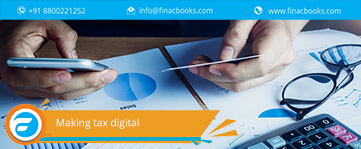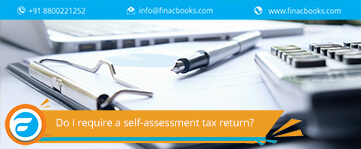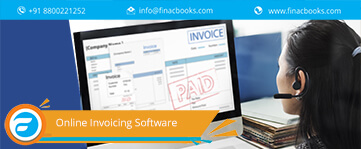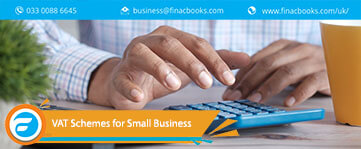Introduction to Sole Trader Tax
Sole trader tax is a levy paid by an individual on the business profits of the company. Sole trader tax rules are the same as an individual paying income tax. Some of the features of a sole trader are given below-
- A sole trader pay tax on business profits (Minus expenses)
- They are currently required to pay National Insurance classes 2 and 4 and income tax on all taxable business profits.
- A sole trader is not taxed on cash withdrawals from the business.
- If a sole trader maintains a business bank account separate from their personal one, they can claim interest and charges as tax deductions.
- Any monetary gain made by a sole trader on the sale of assets or the business is taxed.
- Sole traders receive tax relief on expenses incurred wholly and exclusively for business purposes.
Limited Company Tax
1) A limited company is required to pay corporation tax on all taxable profits.
2) Directors of a limited company are subject to taxation on their earnings via PAYE and are also required to complete tax returns.
3) Dividends and certain other types of distributions made by a limited company shareholders are subject to income tax.
4) If the income is withdrawn from the limited company, it is taxed as a dividend.
5) When a limited company sells its business or any of its assets, shareholders face a double tax, while the company is required to pay corporation tax on any profits.
6) Limited companies receive tax relief on expenses incurred wholly and exclusively for business purposes.
7) Private expenses incurred by directors are treated as earnings, while those incurred by shareholders are treated as distributions.
Which is better: Sole trader or Limited Company?
That is entirely dependent on the type of business you intend to operate -
If your business plan is complex, forming a limited company may be a more viable option than setting up as a sole trader. This is because a limited company operates on a large scale in terms of people. Additionally, there is a greater sense of security because you are unlikely to be held liable for legal disputes.
However, a limited company must jump through more hoops to remain operational than a sole trader. Additionally, a director or shareholder in a limited company may have divided control over how the business is run and how its finances are managed, in comparison to a sole trader who has complete control.
Do sole traders have to register with Companies house?
Companies House registration is not required for a sole trader. Registration is required only for those forming a limited company or Limited Liability Partnership. However, to work as a sole trader, however, you must create an online account through the Government Gateway on the HMRC website. You can access Self Assessment tax forms here.
It is extremely simple to register as a sole trader.
To register, you must provide the following information as a sole trader to HMRC:
1) A residential address.
2) National Insurance Contribution.
3) Contact information, such as a phone number and an email address.
4) A business name and address, which can be your own if you wish.
5) Contact information of the business address.
6) Your business purpose and primary activities.
7) Starting date of your business
After you submit your details, HMRC will send you a letter containing your 10-digit activation code (Unique Taxpayer Reference) and information about your responsibilities as a sole trader. Additionally, they should send you an automatic Self Assessment tax return notice following the end of the tax year.
Getting started as a Sole Trader Business for Tax Purposes
If you are setting up as a sole trader, you must register yourself with HMRC for tax purposes, especially VAT.
HMRC Registration
Firstly, you must register yourself as a self-employed person with the HMRC department within 3 months of starting the business. If you will not register yourself within 3 months, you will pay a fine and could be subject to HMRC investigating your tax affairs in the future. You must register as a self-employed person even if you do a regular job and pay tax under PAYE. If you have any queries or need any advice, you can contact the HMRC self-employment helpline number 300200504.
VAT Registration
If your sales turnover exceeds the minimum set out limit of £85, 000 per year, you must apply for VAT registration. This will mean you need to charge VAT on all invoices, and you can claim back VAT on all purchases made by your business. Most businesses file a VAT return every 3 months. And VAT is currently charged at 20%. You can visit the official HMRC website to know more about VAT registration.
Sole Trader Income tax
The personal allowance is £12,570 for the tax year 2021/22. This is the maximum amount of income you can earn without paying any income tax.
Income above this threshold in 2021/22 will be taxed at the following rates:
1) 20% on income up to £50,270 (Basic income tax rate)
2) 40% on income between £50,271 and £150,000 (Higher income tax rate)
3) 45% on income over £150,000 (Additional income tax rate)
Sole Trader National Insurance contribution rates
Along with income tax, you will be required to pay National Insurance Contributions as a sole trader (NICs). The amount you must pay is determined by your earnings. If you are doing a job and paying national insurance through PAYE on a weekly or monthly basis, you must pay national insurance separately on your self-employment income.
Currently, sole traders must pay two types of NICs -
1) Class 2 NICs are £3.05 per week if your profits exceed £6,515 (2021/22 Tax Year) –
2) and, Class 4 NICs are also applicable.
HMRC will calculate the amount of Class 4 National Insurance Contributions you owe during the annual self-assessment process. Your liability is based on the profit your business earns;
1) 9% on earnings between £9,568 and £50,270.
2) 2% on profits above this amount.
Self-Employed Tax
-
Self-employed tax is calculated in the same manner as an individual paying tax through PAYE, but you can avail the allowances to be deducted against your income. Types of allowable expenses deducted -
-
Standard single personal allowance
- Mileage expenses
- Travel expenses
- Meal expenses
Every person starts with a standard single personal allowance, even if you are married. The amount value is £12,570 per year. All calculations are collected together on the self-assessment tax return form, which needs to be submitted to the tax office by January each year for the return of the previous tax year. While submitting your tax return, you must add all incomes arising from any job or business.
Business Bank Account
Although it is not required by law for self-employed individuals to maintain a separate business bank account, it will help you maintain more accurate financial records and save you and your accountant valuable time when it comes to producing your accounts. If you do have a separate business bank account. Even if you wanted to use your personal bank account for business purposes, many banks would prohibit you from doing so if the volume of transactions significantly increases.
Most banks offer new businesses 12 to 18 months of free banking. Following that, you will typically be charged a monthly account fee of approximately £6.50 per month for a current business account, in addition to transaction fees.
Most people hate filing self-assessment/sole trader tax returns, but everyone must complete it before the deadline issued by HMRC. You are given plenty of time to file your tax returns, but traditionally, most people leave it until the last minute due to confusion or lack of information. It is not uncommon for the filing system to crash due to a high number of submissions of tax returns on the very last date, and you can waste a lot of time entering your data again and again. You can file your tax returns by paper or online. For paper returns, the deadline is 31st October, whereas, for online returns, the deadline is 31st January. You need a unique password to access your records. The second part of your password will be sent to you by post for security reasons. Therefore, if you leave it until the last minute, you will need at least 7 working days to create a new account and enter your records.
How can FinacBooks help sole traders?
FinacBooks is a leading platform where you can search for qualified accountants offering a range of services to self employed people such as Bookkeeping, VAT Registration & Return filing, Payroll registrations and RTI returns, Pensions and auto-enrolment, Tax investigation service, Business plans, management accounts and more.
Any Questions? Request a callback from our Tax Experts.

